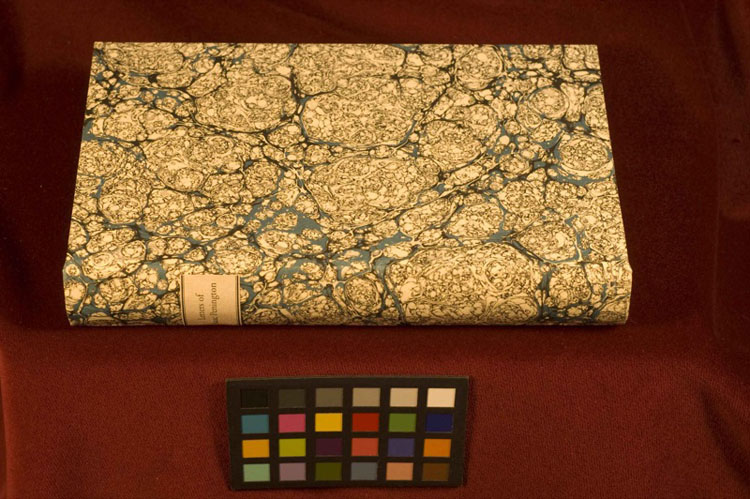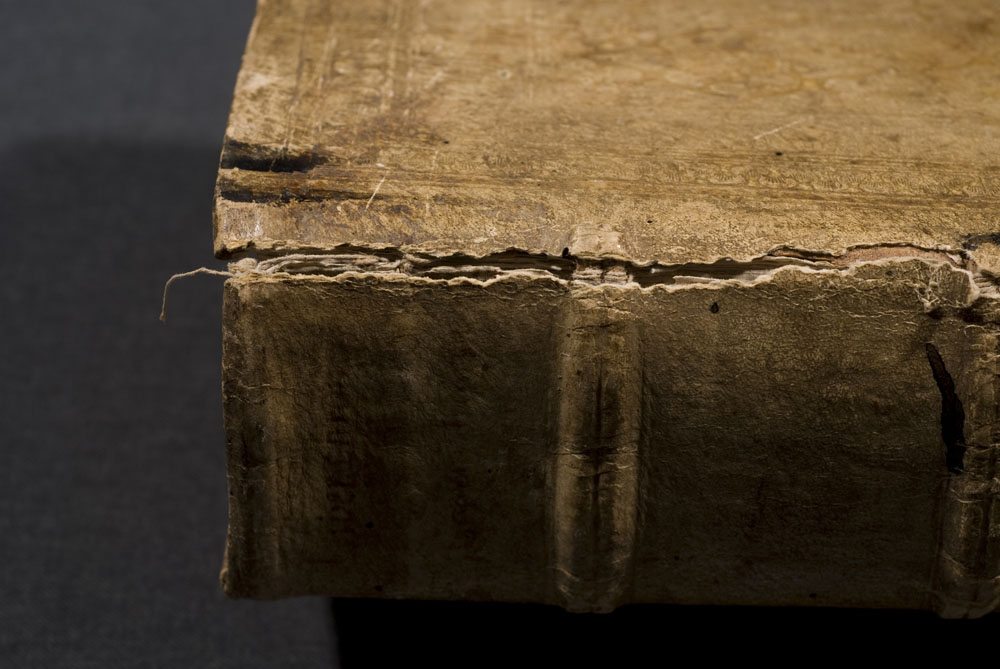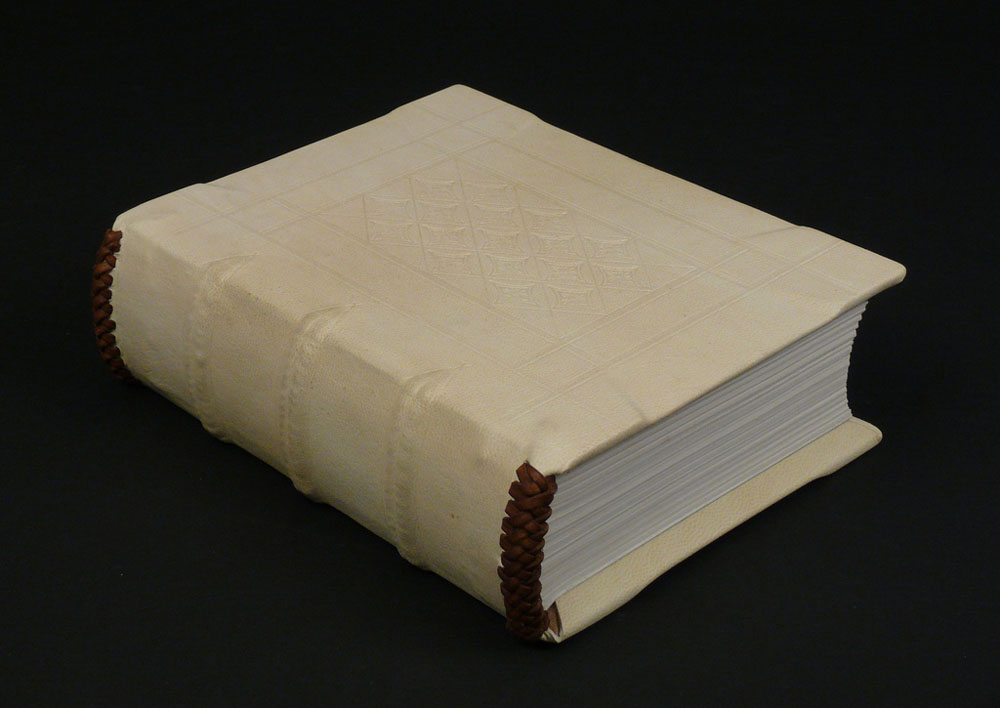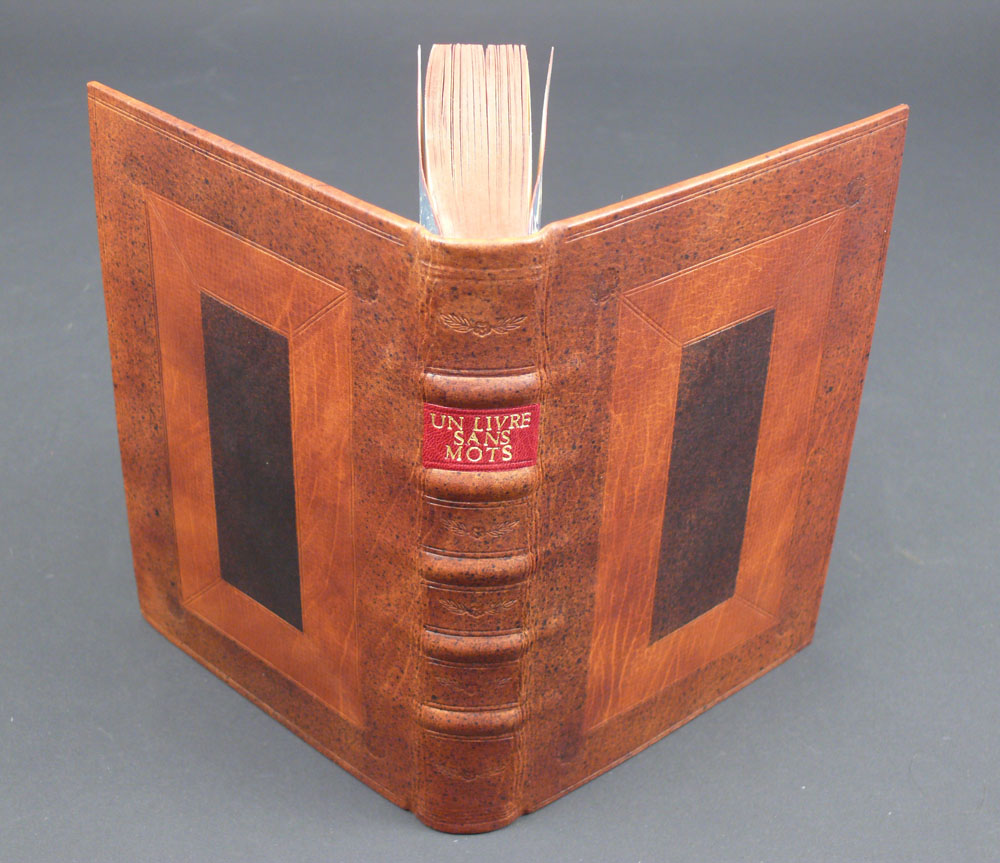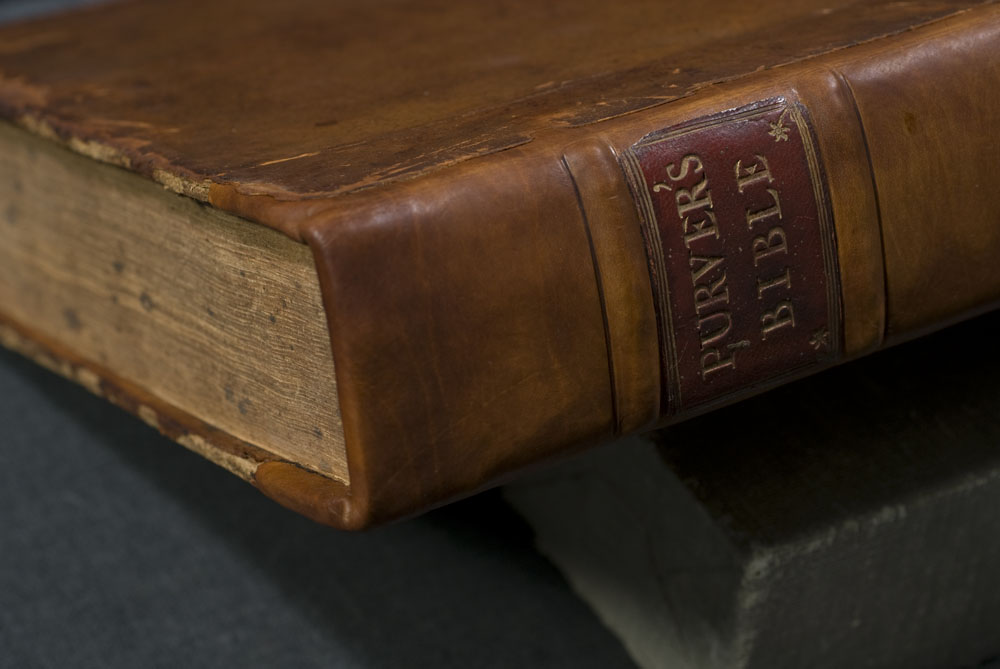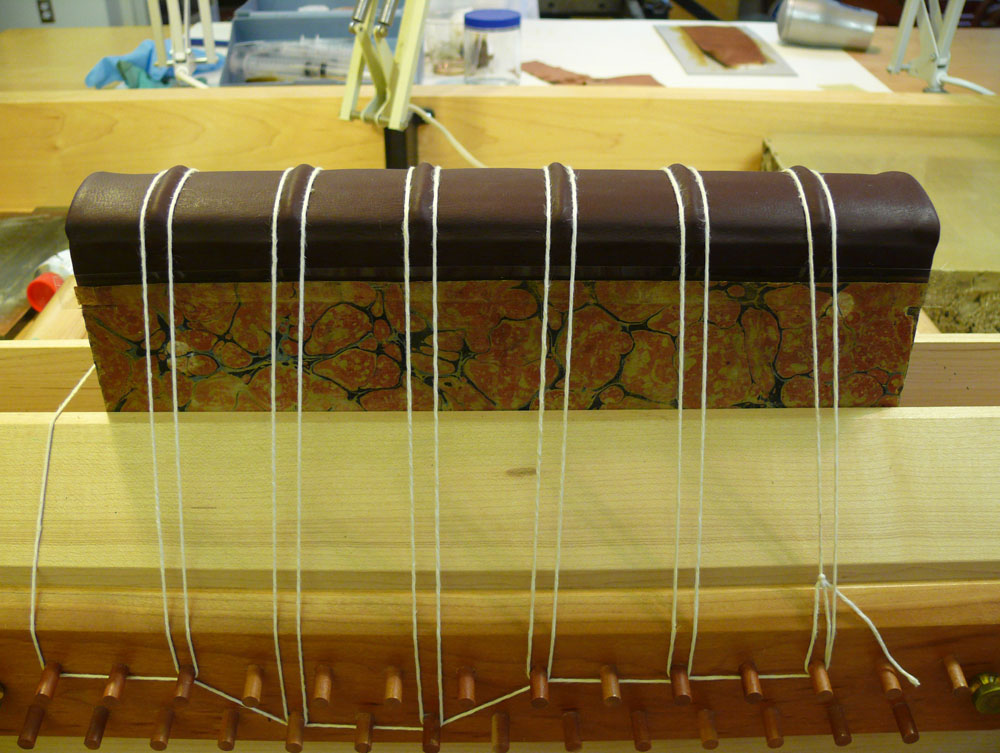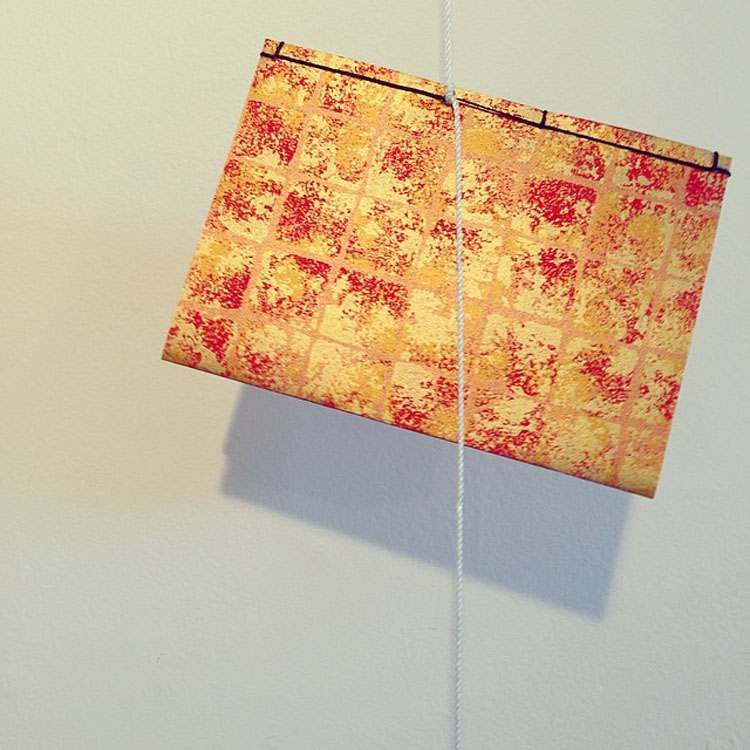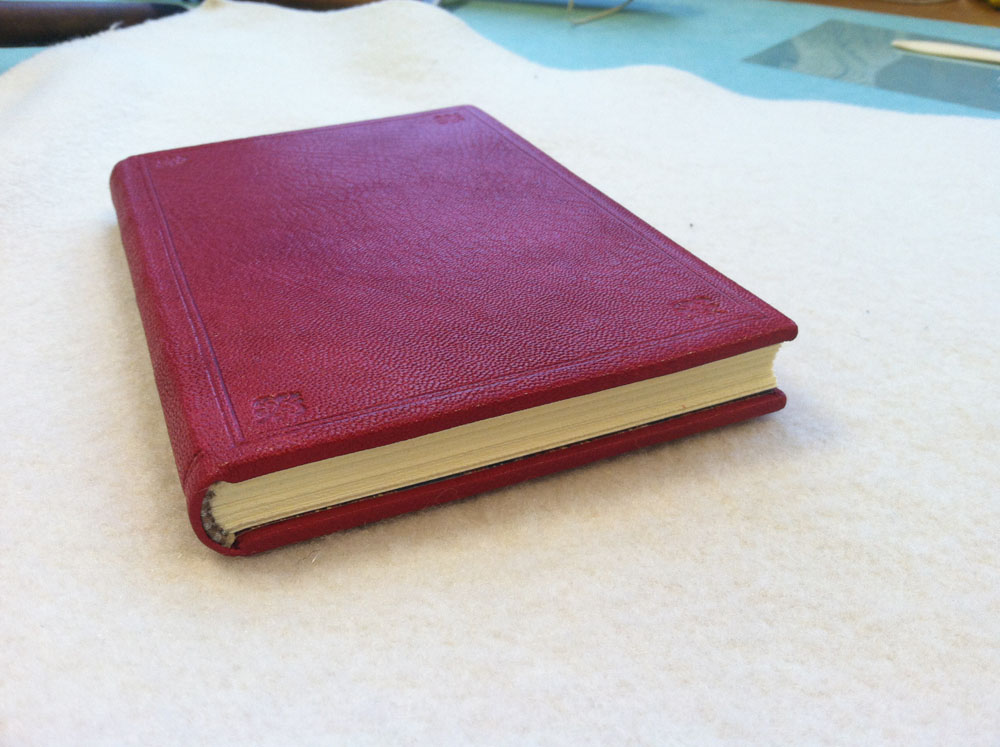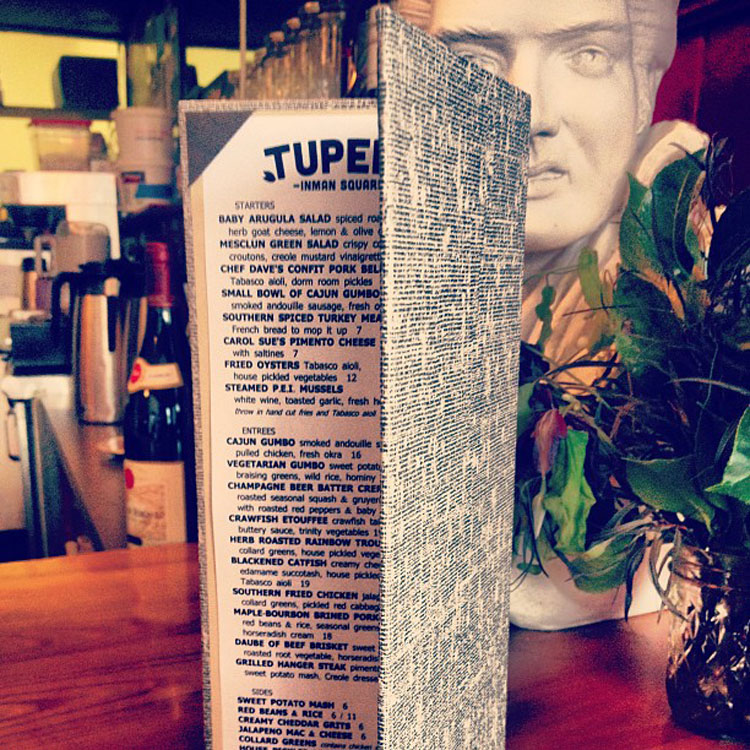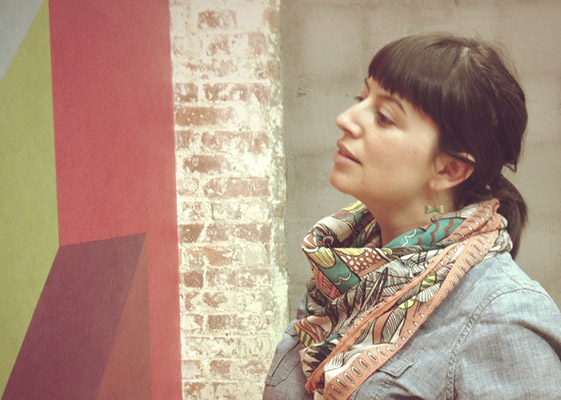I’ve been asked before whether I consider myself a book conservator or a bookbinder, or whether I consider myself to be one or the other first. While I don’t think you need to be both to be either, I find that for me the two are inextricably linked.
When I started at North Bennet Street School in 2008, I wanted nothing more than to learn everything I possibly could about making books. I was amazed and delighted by just how much we did at the bench during those two years and how far I’d come in my skills and knowledge in that time. I was also sort of overwhelmed by just how much I had felt I had left to learn upon graduation. Every facet of book history we discussed or structure we tackled gave me a view into what a complex world books inhabit.
The desire to better grasp the intent and progression of bindings over time is what steered me towards conservation. During my first internship at Haverford College’s Magill Library, I started to understand how much this field can make one feel like a detective. The hand skills I had been learning at NBSS gave me the confidence to handle a range of objects – even those made with materials I might not have encountered yet. Learning to bind books from the very beginning stages had really aided in my ability to assess how a binding was constructed and, to a greater extent, why it was constructed that way.
Upon my return to school for the second year, I used the hands-on collections knowledge I gained that summer to help direct myself. I was equally interested in learning fine and design binding (leather! gold! yes!) and conservation, so I did my best to focus on both. I took on opportunities to do small repair projects that came through the school and worked part time at the Hayden Library at MIT. I was filled to the gills with information, but felt more and more like the two paths of this craft I was learning truly informed one another.
While the program at NBSS is not heavily conservation-based, the hand skills and binding history I was imbued with during my time there is invaluable to the work I do as a book conservator. After graduation, I interned at the Frances Loeb Library at the Harvard Graduate School of Design and was a fellow at the Boston Athenaeum. Through both of those experiences and in my current position at Northeast Document Conservation Center, I’ve contineed to be surprised by just how many structures I learned at NBSS that I’ve either treated or re-bound.
More of the hand work that I do these days is conservation focused, but I still love bookbinding and take on custom work or projects of my own with a fair amount of regularity.
I find that the way my brain operates when I approach conservation really helps me in approaching my own outside work. I encounter so many seemingly similar bindings that turn out not to be exactly what they appear that it gets easier and easier over time to approach the creative challenges of new structures.
The need to be efficient and deliberate in my day to day work really feeds into my ability to effectively plan my time and, in doing so, give fair and accurate estimates to friends and clients. Finding time to work outside of a full time job isn’t the easiest thing to do, but being steeped in a form of work that uses so many of the same skills makes it all the more possible. For every part of my book work, I know I need input from binders and conservators alike and luckily, I’m more or less surrounded by both.

